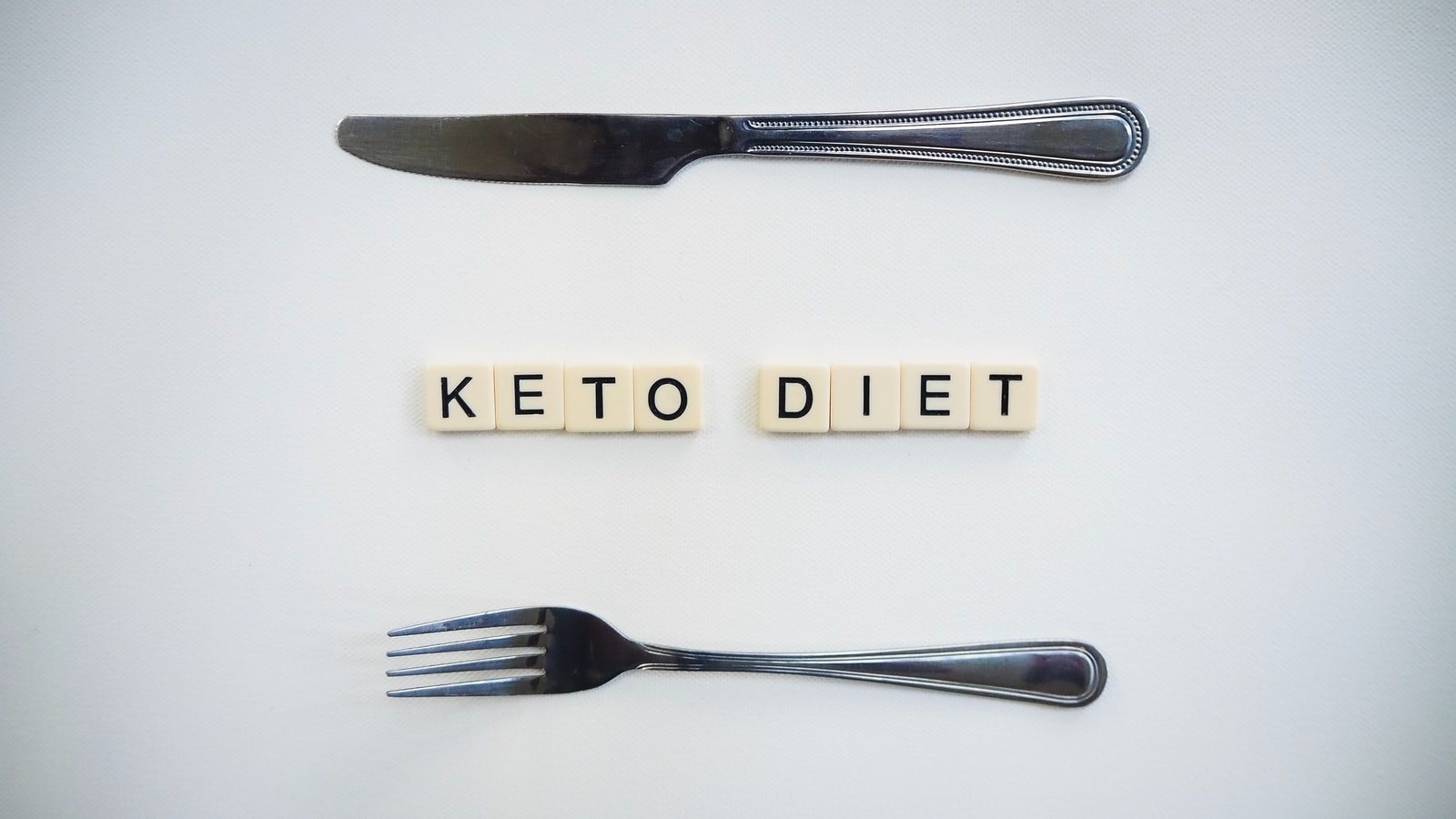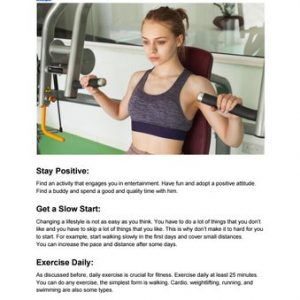Do you ever find yourself perplexed by the ever-existing nutrition myths that just won’t seem to go away? Don’t worry, you’re not alone! Everyone has heard the age-old adages about food and nutrition from their family or friends, but why do these myths persist? Well, today we’re going to take a look and find out why!
My Contents
- 1. The Persistence of Food & Nutrition Myths
- 2. Examining Misinformation on Food & Nutrition
- 3. Exploring the Causes of Misconceptions
- 4. Impact of Myths on Eating Habits
- 5. Taking Action to Dispel Unhelpful Beliefs
- My Diet Answers

1. The Persistence of Food & Nutrition Myths
We’ve all heard some food beliefs that sound too good to be true, though we still cling on to them for dear life. Sadly, such food and nutrition myths don’t pass the test of science and nutrition research. To get a better understanding of these myths, let’s take a look at a few popular ones that are still being widely disseminated:
- Cutting calories leads to fat loss. After all, a calorie is a calorie, right? Wrong. The macronutrient distribution of those calories matters a great deal. You can cut calories without much effort in the form of sodas,/processed foods and snacks, but then you won’t get the essential nutrients that you need.
- Carbs are bad and need to be avoided. Sort of true – avoid the bad ones that are derived from refined flour, added sugars and preservatives. But complex carbs like whole grains and legumes are important to keep your energy levels up and reach your nutritional goals.
- Healthy eating is too expensive. Nothing but a myth! Healthy eating focuses on real, whole foods instead of processed items. If you ditch all the processed items and eat lots of wholesome fruits, vegetables, nuts, and grains you’d be able to eat on a budget. It will help you save money in the long run.
The best way to stay away from inaccurate food and nutrition advice is to continue learning and read about the latest research. It’s key to stop the spread of myths and embrace real food-based solutions to promote better health. Have fun being your own nutrition expert and stick to what you know works best for you and your body!
2. Examining Misinformation on Food & Nutrition
Let’s face it – sometimes nutrition advice can be confusing. With thousands of different diets claiming to be the answer to good health, and other contradictory claims, it can be hard to separate fact from fiction. Fortunately, there are ways to identify and tackle misinformation when it comes to food and nutrition.
To begin with, don’t just assume something you’ve read is true. It’s always a good idea to verify the source – did the same message come from a vast range of reputable sites, or is it just a single person’s opinion? If the latter is the case, it’s likely to be much less trustworthy than the former. Here are some tips to use when sifting through nutritional advice:
- Check the source of the information
- Look for scientific evidence
- Be wary of miracle cures
- Don’t be afraid to ask for more information
These steps can help to ensure that the nutritional advice you’re relying on is accurate and up-to-date. After all, knowing how to make safe and healthy food choices is a key part of looking after ourselves and staying well.
3. Exploring the Causes of Misconceptions
Misconceptions can be incredibly stubborn. Their ubiquity persists, despite having been debunked
Where do they even come from in the first place? Many sources actually exist, and obsession over specific details can lead to skewed interpretations of scientific evidence. Here are some of the main culprits behind life’s more persistent myths:
- Unreliable authorities. Those with a particular awareness of the truth can have trouble accurately conveying it. Prominent figures may also spread inaccurate information.
- False memory. Even memories which are certain might have inaccuracies. They can be impressions of events or objects which may never have actually occurred.
- Cultural transmission. Word of mouth and assumption can take a kernel of truth and embellish it over time, effectively exaggerating the truth to the point of fiction.
To break down misconceptions, it’s important to learn the truth behind the myth. Start with significant sources, look for what evidence backs it up and consider the context in which any information is presented. If it’s too good to be true, investigate thoroughly and discern the degree of accuracy behind it.
4. Impact of Myths on Eating Habits
One of the most underrated areas of eating is the impact of myths on our dietary habits. Myths about food and nutrition take on a life of their own, and it’s often difficult to separate the wheat from the chaff. Believing myths can be expensive, but it can also be detrimental to our wellbeing.
- Lack of Nutrients – Certain myths can dissuade people from eating nutrient-rich foods or lead to them taking unneeded supplements. This can lead to an imbalanced diet, and even malnutrition.
- Misinformation – Myths can lead to bad food choices, such as avoiding certain foods because they are perceived to be unhealthy. This can be dangerous if those foods are actually packed with essential nutrients.
- Excluding Food Groups – It’s becoming increasingly common to see people cutting out entire food groups due to myths about them. This can cause people to miss out on essential vitamins and minerals that are found in those foods.
It’s important to shake off the myths and make sure that our eating habits are based on proven scientific information. When we know the facts, we can make smarter decisions about what to eat and how our diet impacts our health. Of course, maintaining a balanced and varied diet is key – so don’t forget to enjoy a little something special every now and then!
5. Taking Action to Dispel Unhelpful Beliefs
What Can You Do to Dispel Unhelpful Beliefs?
It’s possible to start the process of understanding yourself more deeply and letting go of unhelpful beliefs. Here are some steps you can take:
- Name your belief and ponder why it exists. Try to pinpoint the intergenerational and situational factors that are influencing it.
- When you understand the basis of the belief, you can start to examine it and challenge those beliefs so you can move past them.
- Explore different belief systems. Narrative therapies such as Cognitive Behaviour Therapy and Acceptance and Commitment Therapy are both useful tools for exploring emotions and beliefs surrounding them.
- Take time to connect with yourself. Read self-help books, take on new challenges, spend time with close friends and family or find a hobby that makes you happy. Connecting with your true self will help you to identify the beliefs that are no longer serving your highest good.
- Write in a journal to expose the stories behind your beliefs. Writing allows for reflection and for understanding yourself better on a deeper level.
The most important step to take when it comes to identifying and moving past unhelpful beliefs is to create clarity. Taking the time to pause, reflect, ask questions and analyse your thought process can help you to identify patterns, and see where these beliefs are no longer serving you. With this clarity, you can then take action to build more positive beliefs which are rooted in truth, and that will help you to move forward in a more productive way.
My Diet Answers
Q: What are some common food and nutrition myths?
A: Common food and nutrition myths include the idea that adding salt to your food will make you retain more water, that processed foods are bad for you, or that eating late at night will make you gain weight. These are just a few examples of the misconceptions surrounding food and nutrition that can have an effect on our eating habits.
Q: Why do food and nutrition myths persist?
A: Food and nutrition myths can have a strong cultural presence and be difficult to challenge because of the emotionally charged nature of health and nutrition advice. In addition, the media plays a powerful role in spreading information that is often incorrect or oversimplified. Furthermore, a lack of good scientific evidence to disprove nutrition myths or confirm conflicting information can lead to confusion and the spread of misinformation.
Q: What is the best way to avoid falling for nutrition myths?
A: The best way to avoid being duped by nutrition myths is to consult reliable, science-based sources for nutrition advice. Look to organizations such as the Academy of Nutrition and Dietetics, the American Heart Association, and the Harvard School of Public Health for credible advice. Additionally, it’s important to take your health into your own hands – ask your doctor or a dietitian for advice as needed, and check the credibility of any sources that you’re considering to be sure that they have valid scientific evidence to back up their claims.
It seems that food and nutrition myths are here to stay, but the more educated we all become about the real facts and science behind our food choices, the better prepared we are to make informed decisions about what’s best for ourselves and our families. It’s time to take the guessing out of the equation and get to the source of evidence-based knowledge that can set us up for success – both nutritionally and personally.










